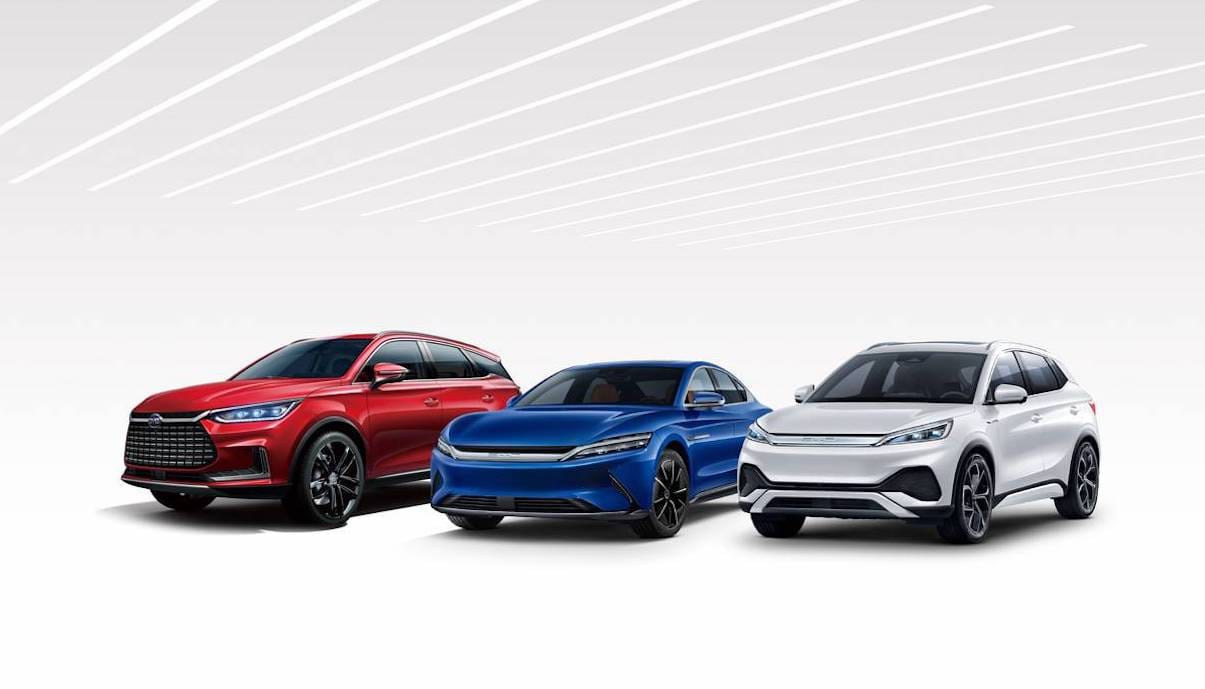The electric vehicle (EV) market has been dominated by Tesla for several years, with Elon Musk’s company leading in innovation, market share, and brand recognition. However, a formidable challenger has emerged from China: BYD (Build Your Dreams). Founded in 1995, BYD has established itself as a significant player in the global EV market, with a robust strategy and a portfolio of innovative products that could potentially dethrone Tesla.
BYD’s rise can be attributed to several factors. Firstly, the company benefits from the Chinese government’s strong support for EV adoption, which has facilitated its growth and expansion. Secondly, BYD’s vertical integration model, which includes the production of key components such as batteries, gives it a competitive edge in terms of cost and supply chain control. Additionally, BYD’s strategic partnerships and investments in various sectors, including public transportation and renewable energy, have further bolstered its market position.
One of BYD’s most notable innovations is its Blade Battery technology, which addresses the safety concerns associated with traditional lithium-ion batteries. The Blade Battery uses a unique design that prevents internal short circuits, reducing the risk of thermal runaway and fires. This technology has been well-received by consumers and industry experts alike, positioning BYD as a leader in battery safety and innovation.
Moreover, BYD’s diversified product portfolio caters to a wide range of customers, from individual consumers to fleet operators and public transportation providers. The company’s offerings include passenger cars, buses, trucks, and even forklifts, demonstrating its ability to adapt to different market segments and customer needs. This diversification strategy has enabled BYD to capture a significant share of the EV market and establish a strong brand presence.
Tesla, on the other hand, has faced several challenges in recent years, including production delays, quality issues, and intense competition from both established automakers and new EV startups. While Tesla continues to lead in terms of innovation and brand recognition, its market share has been gradually eroded by competitors like BYD. Furthermore, Tesla’s focus on premium and luxury vehicles has left room for other companies to target the mass market, where BYD has made significant inroads.
The parallels between BYD’s challenge to Tesla and DeepMind’s challenge to OpenAI in the artificial intelligence sector are striking. Both BYD and DeepMind have leveraged their unique strengths and innovations to disrupt established market leaders, demonstrating the power of strategic thinking and technological advancements in driving industry transformation.
However, it is essential to note that the EV market is still in its early stages of development, and numerous challenges and opportunities lie ahead. Both Tesla and BYD will need to continue innovating and adapting to the evolving market landscape to maintain their competitive edge. As the global transition to electric vehicles accelerates, the competition between these two companies is likely to intensify, ultimately benefiting consumers and driving progress in the industry.



